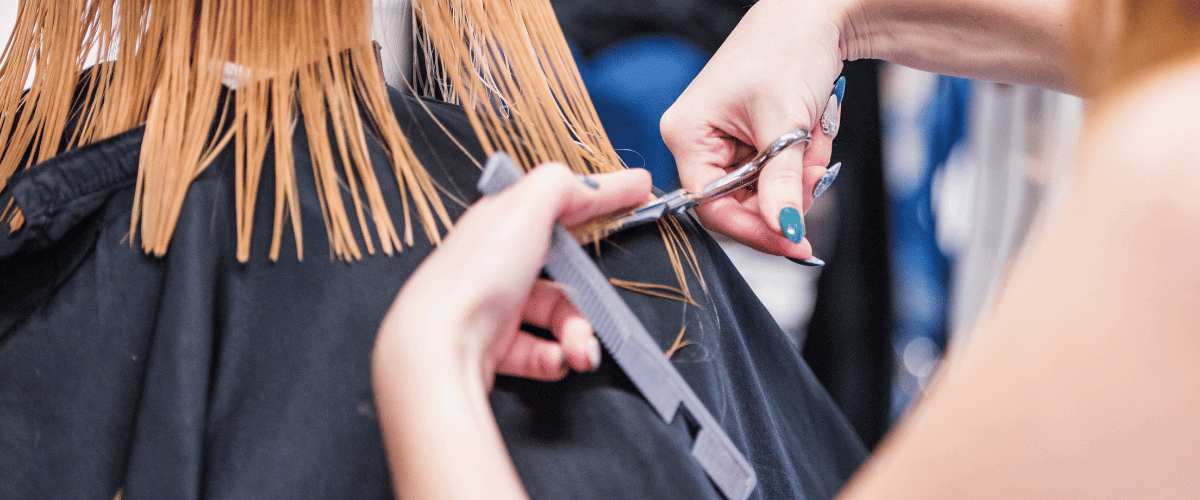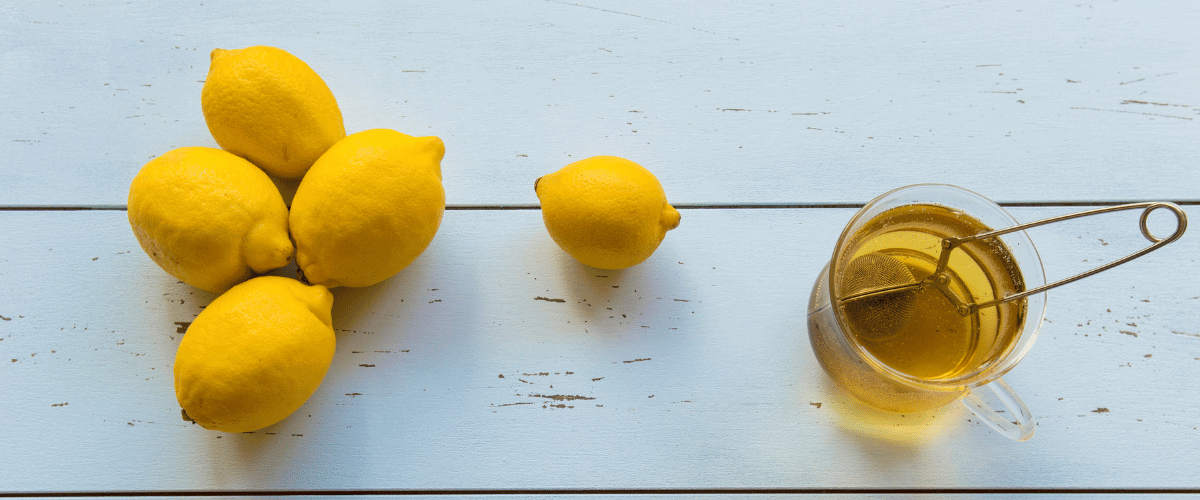The rainy season offers respite from the oppressive heat, but it also brings with it a number of difficulties, including hair loss. During this time, weaker hair follicles and excessive hair fall might be caused by high humidity, moisture, and changes in the weather. The effect of the rainy season on your hair can be reduced, though, with the right care and preventive measures. This article offers recipes for nourishing hair masks that can strengthen and restore your hair, as well as some useful advice for preventing hair fall in the rainy season.
Understanding hair fall in the rainy season
The extreme humidity in the air during the rainy season and repeated exposure to precipitation can damage hair strands, increasing the likelihood of breaking. In addition, the increased humidity may make the scalp greasy, which can block hair follicles and result in hair loss. Furthermore, the problem can be made worse by pollution and acid rain, which can further harm the hair.
Tips to prevent hair fall in the rainy season
Keep your hair and scalp clean: To get rid of surplus oil, filth, and pollutants, regularly wash your hair with a light shampoo. The natural oils and hydration in your hair might be stripped away if you use hot water. In order to keep your scalp healthy, choose lukewarm or cool water instead.
Dry your hair properly: After being soaked in the rain, be sure to dry your hair completely. Avoid aggressive towel rubbing on your hair, as this might cause damage. To lessen the damage, gently pat dry or let your hair air dry.
Avoid using heat styling tools: Using blow dryers, straighteners, and curling irons excessively will weaken your hair strands and increase the likelihood of breaking. During the rainy season, embrace your natural texture, and the use of such equipment should be kept to a minimum to avoid hair fall in the rainy season.
Trim your hair frequently: Split ends can cause hair to fall out, so regular haircuts can assist. To maintain healthy hair and stop additional damage, trim your hair every 6 to 8 weeks.

Protect your hair: Use an umbrella, cap, or scarf to protect your hair from direct contact with rain and contaminants. This will reduce the amount of toxic compounds and excess moisture that your hair absorbs.
Maintain a healthy diet: Eat a balanced diet full of vitamins, minerals, and proteins to maintain a healthy diet and encourage healthy hair development. Incorporate items like eggs, fish, nuts, fruits, and vegetables into your diet to give your hair the nutrition it needs.
Avoid tying wet hair: Wet hair is more brittle and prone to breakage, so avoid tying it to prevent hair loss in monsoons. Avoid tying it up firmly when your hair is wet because this might result in strain and hair loss. Until your hair is totally dry, choose loose hairstyles or leave it down.
Stay hydrated: The general health of your hair and scalp is maintained by consuming enough water. In order to encourage hair growth and avoid dryness and brittleness, hydration is crucial.
Use a wide-toothed comb: Using a wide-toothed comb to gently untangle your hair will prevent breakage because wet hair is more prone to it. To reduce hair loss, begin at the ends and work your way up.
Massage your scalp: Massaging the scalp regularly increases blood flow, nourishing hair follicles and encouraging hair growth. Gently massage your scalp using natural oils like coconut, almond, or olive oil. By doing this, you can stop hair loss and strengthen the roots.

These tips will help you reduce hair loss and maintain thick, healthy hair throughout the rainy season. Keep your hair care routine constant and lead a healthy lifestyle to achieve the best results.
DIY hair masks to nourish and strengthen hair to prevent hair fall in the rainy season
- Banana and honey hair mask:
Ingredients: One ripe banana, two teaspoons of honey, and one tablespoon of extra virgin olive oil.
How to make it: The banana should be mashed until smooth before combining it with honey and olive oil. Mix thoroughly to create a paste.
How to use it: Apply the mask to your hair, paying special attention to the roots and ends. After leaving it on for 30 minutes, properly rinse with warm water.
- Aloe vera and coconut oil hair mask:
Ingredients: 3 tablespoons of aloe vera gel, two tablespoons of coconut oil
How to make it: Coconut oil and aloe vera gel should be thoroughly mixed in a bowl.
How to use it: Apply the mixture to your hair, working it into the lengths of your hair and into the scalp. After leaving it on for an hour, rinse it with a gentle wash. 10 Ways To Use Aloe Vera For Oily Skin
- Yoghurt and fenugreek hair mask:
Ingredients: ½ cup of yoghurt, two tablespoons of fenugreek seeds (soaked overnight).
How to make it: Make a paste from the soaked fenugreek seeds and combine it with the yoghurt.
How to use it: Apply the mixture to your hair and scalp and let it sit for 30 minutes. Completely rinse with lukewarm water and a gentle shampoo.
- Egg and olive oil hair mask:
Ingredients: 1 egg, two tablespoons of olive oil
How to make it: In a bowl, whisk the egg. Add the olive oil, and stir to combine.
How to use it: Concentrate on the roots and ends of your hair when applying the mixture to it. Rinse gently with lukewarm water and a gentle wash after leaving it on for 30 minutes.

- Avocado and honey hair ask:
Ingredients: 1 ripe avocado, two tablespoons of honey
How to make it: After smoothing out the avocado with a fork, stir in the honey.
How to use it: To create a paste, thoroughly combine. From roots to ends, give your hair the mask treatment. Followed by thorough rinsing with warm water after 30 minutes of use.
- Coconut milk and curry leaves hair mask:
Ingredients: 1 cup of coconut milk, a handful of curry leaves
How to make it: Combine the curry leaves and coconut milk in a blender to create a smooth mixture.
How to use it: It should be carefully massaged into your scalp and hair. Rinse with a light shampoo after leaving it on for an hour. Coconut Milk For Hair: 12 Homemade Hair Masks
- Green tea and lemon hair rinse:
Ingredients: 2 cups of green tea, juice of 1 lemon
How to make it: Green tea should be brewed and allowed to cool. Mix thoroughly after adding the lemon juice to the tea.
How to use it: Use this concoction as a last rinse after shampooing your hair. After a short while, let it sit before giving it a good rinsing.

You may also like to read: 5 DIY Glycerin Face Mask Recipes For Glowing Skin
Adopting a good hair care routine and taking preventative measures are required to stop hair loss in the rainy season. You can lessen the damage caused by the rainy season to your hair by heeding the advice given above and utilizing nourishing hair masks. Keep in mind to maintain a balanced diet, prevent your hair from excessive moisture, and keep your hair and scalp clean. Additionally, including DIY hair masks in your routine will strengthen your hair and supply it with vital nutrients, assisting you in maintaining healthy, shiny hair throughout the year.
FAQS
Why does hair fall increase during the rainy season?
High humidity levels during the rainy season might increase the risk of dandruff, fungal infections, and other scalp problems. Additionally, regular exposure to pollution, humidity, and rain can weaken hair strands and cause more hair to come out.
How can I prevent hair fall during the rainy season?
Use a wide-toothed comb, cover your hair with a hat or umbrella, prevent tying wet hair, keep your diet in check, and keep your scalp clean & dry.
Can oiling help prevent hair fall during the rainy season?
Yes, regular oiling strengthens hair follicles and nourishes the scalp, which reduces hair loss.
Are there any specific hair masks that can help prevent hair fall during the rainy season?
Yogurt, honey, aloe vera gel, and egg white can be used to make a DIY hair mask that will strengthen hair and stop hair loss.
How often should I wash my hair during the rainy season?
Regularly washing your hair with a light shampoo will help eliminate particles and extra oil, but be careful not to overwash as this can strip away natural oils.
Can using a conditioner help prevent hair fall?
It is true that applying a conditioner after shampooing helps to nourish and moisturize the hair, preventing breakage and hair loss.
Should I avoid heat-styling tools during the rainy season?
Using too much heat when styling your hair might make it even more brittle. Use heat styling equipment minimally and, when essential, choose heat-protectant products.

